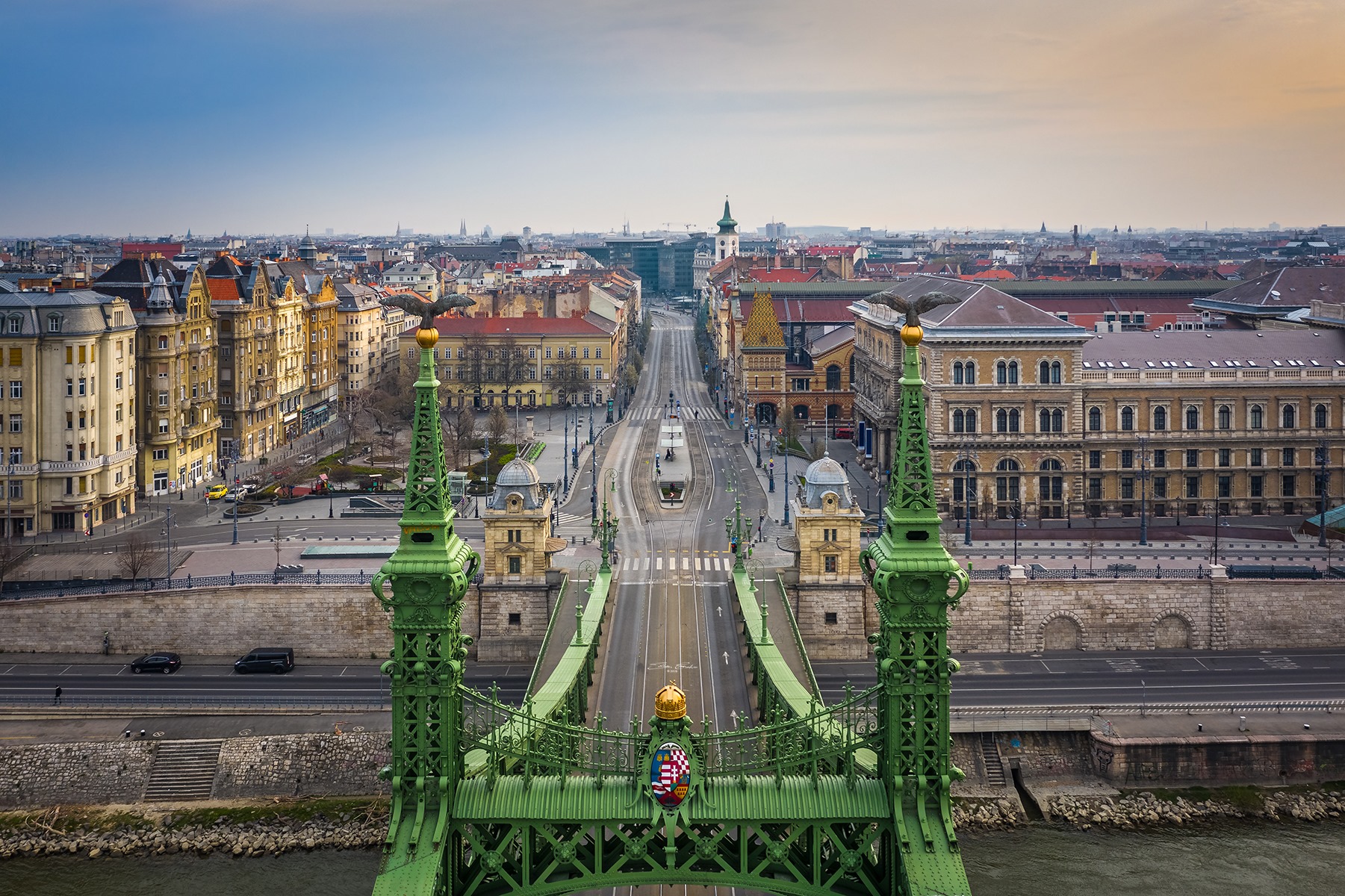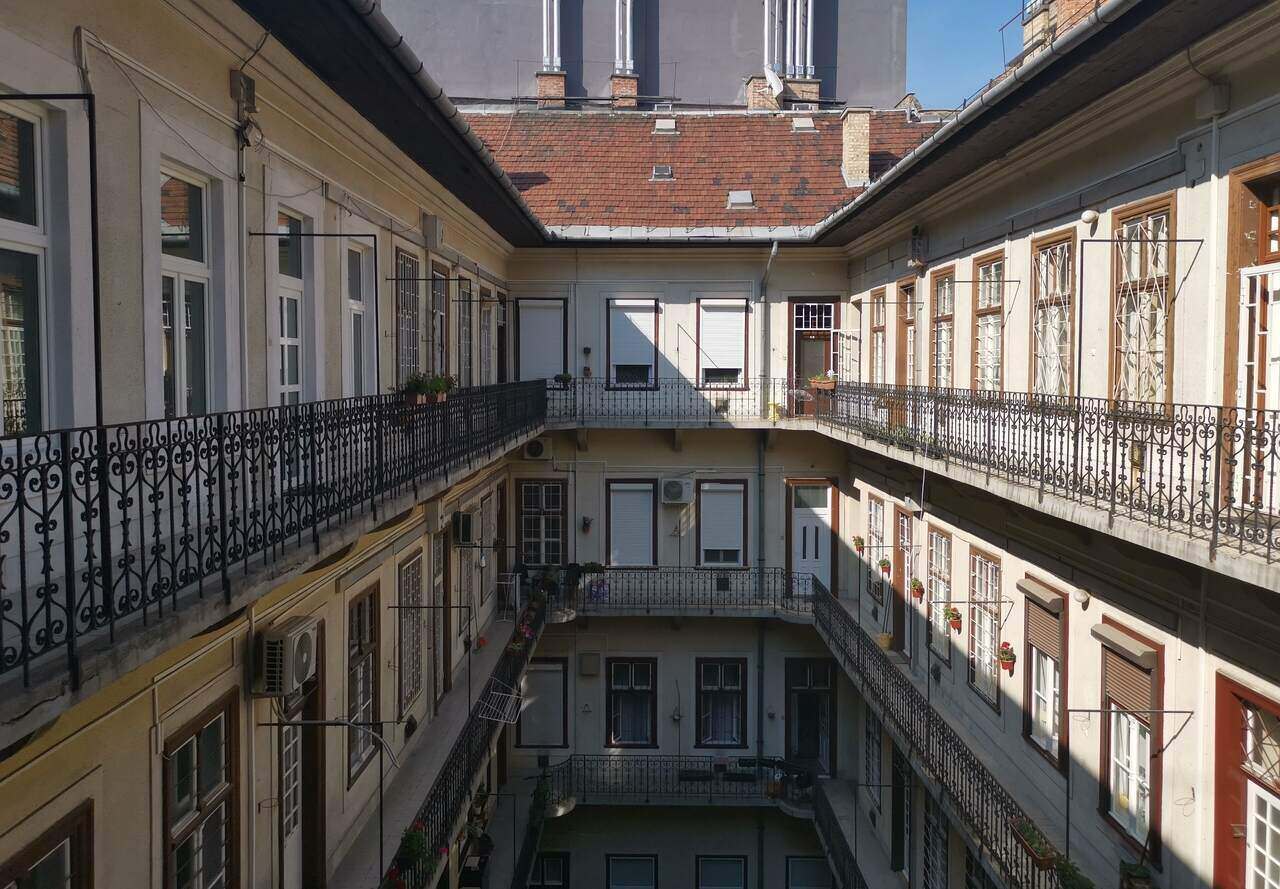This is how many years you have to work before you can buy a flat in Hungary
Despite the significant price increase on the real estate market in recent years, Hungary is still surpassed by several Central European countries in terms of apartment and rent prices, as revealed in the latest “Deloitte Property Index” report.
As Ingatlanhírek writes, Hungary reported the highest increase in flat prices in Europe between 2015 and 2018, but since last year, we are no longer in the forefront because in Luxembourg, France, and Spain, prices have been rising even more significantly.
But despite the growing trend in recent years, Hungary is still far from being the most expensive European country: compared to Luxembourg (EUR 7,145 per m2), Austria (EUR 4,176), and Norway (EUR 4,120), the average price for a Hungarian apartment was EUR 1,475 in 2019 – even though it was still the result of a very sharp increase of 11.5% compared to the previous year.
It is important to note that these numbers are average values for each country; perhaps not too surprisingly, prices in Budapest are considerably higher than the national average – according to the report, deviations from the national average in Hungary are between 20% and 30%.
With EUR 2,107 per m2, the Hungarian capital ranks well behind the most expensive European cities (Luxembourg city and Paris); what is more, it is even cheaper than Prague (EUR 3,395) and Bratislava (EUR 2,805).
And to see how big a burden these prices actually are for the citizens of a country, Deloitte also calculated, using the average gross salary for each country, how many years one has to work to be able to buy a flat of 70 m2. The results reveal that when it comes to real estate prices, Hungary is again surpassed by some Central European countries:
while a Hungarian resident has to work on average 7.6 years to buy a flat, this number is 11.4 years in the Czech Republic.
The Deloitte Property Index also mentions that apart from Poland and Ireland, Hungary is the only country in Europe where the average mortgage rate is above 3%.
Considering rent prices, Budapest is close to the European average: with EUR 11.6 per m2, the Hungarian capital ranks 35th of the 63 cities analysed in the report. According to Gábor Kohári, senior manager at Deloitte, the number of new construction permits in Hungary (3.6 per thousand residents) is also close to the European average, and even though it lags behind the Polish number of 6.2, it is considered a good result.
With regards to the current situation, Kohári says that “as a result of the reduced number of transactions, flat prices in Budapest and several other cities in the countryside could drop as early as in 2020.”
To read the latest issue of the Deloitte Property Index, click here.

Read alsoDecreasing rental prices and growing supply in the Hungarian real estate market
Source: ingatlanhirek.hu, deloitte.com
please make a donation here
Hot news
Contradiction? Orbán cabinet-close think-tank: We aim to organise global coalition of anti-globalist forces
Hungarian Wine Summit 2024: Uncorking excellence – Exclusive PHOTO REPORT
Isten hozott! – Pope Francis greets Hungarian people in Hungarian
Chaos at Budapest Airport: Slip road to be closed from Saturday
Fuel prices in Hungary: Retailers asked to align prices with regional average
Fidesz content with EP’s Western Balkans Growth Plan



1 Comment
The last paragraph says “flat prices in Budapest….could drop as early as in 2020”. Am I mistaken or are we not far off 2021? Clearly this is some old report rehashed and not ‘current news’. Thumbs down, DNH. Poor journalism.